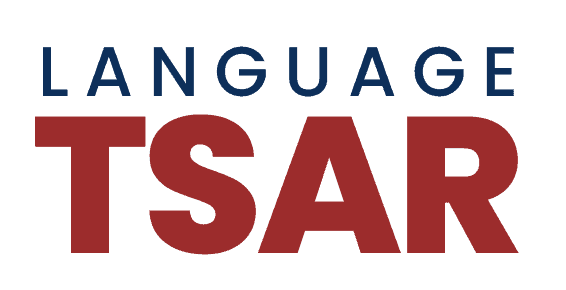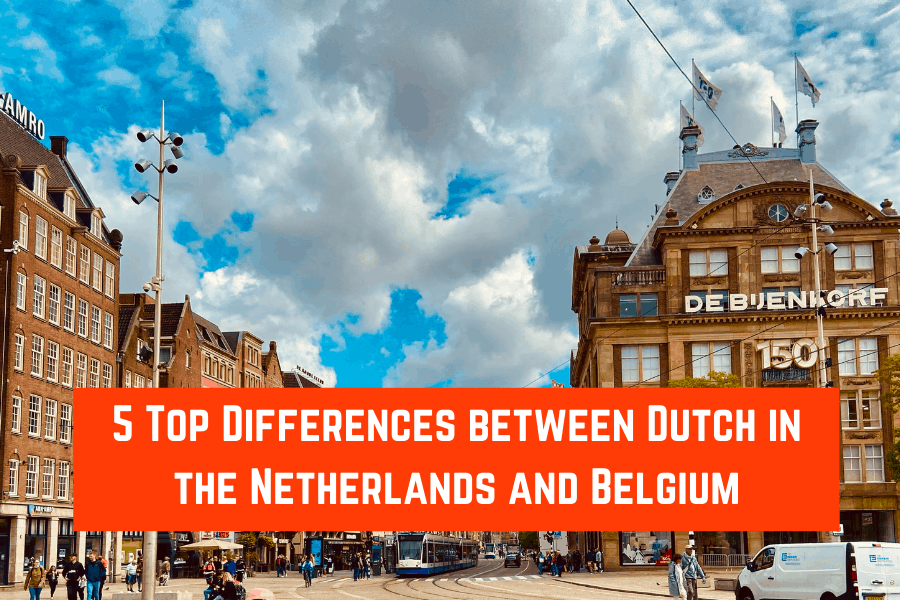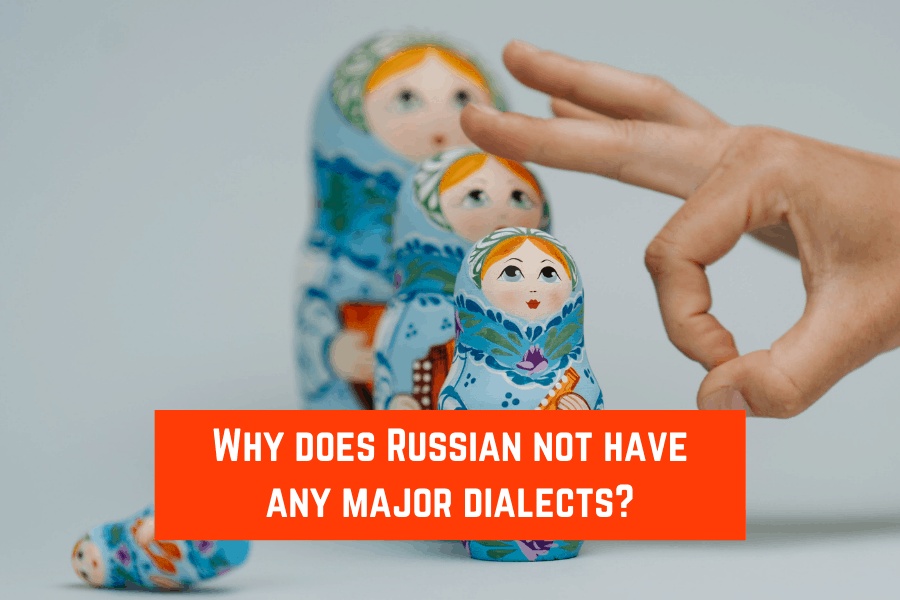5 Top Differences between Dutch in the Netherlands and Belgium
Dutch is the official language of the Netherlands and one of Belgium’s 3 official languages (along with French and German). In Belgium it is the predominant language in the northern province of Flanders. I have had the opportunity to live in the Netherlands (in Utrecht) for one year and Belgium (in bilingual Brussels) for 5. […]
5 Top Differences between Dutch in the Netherlands and Belgium Read More »







